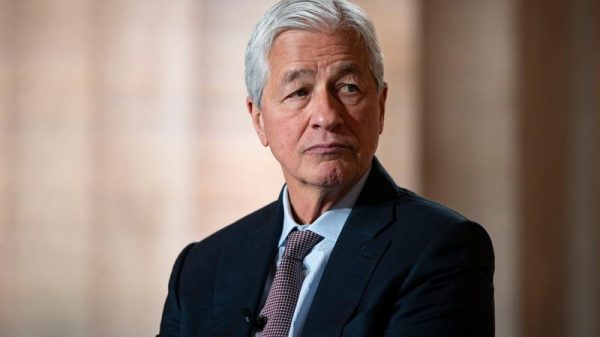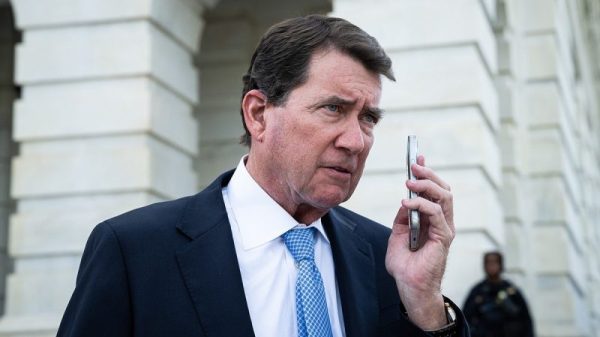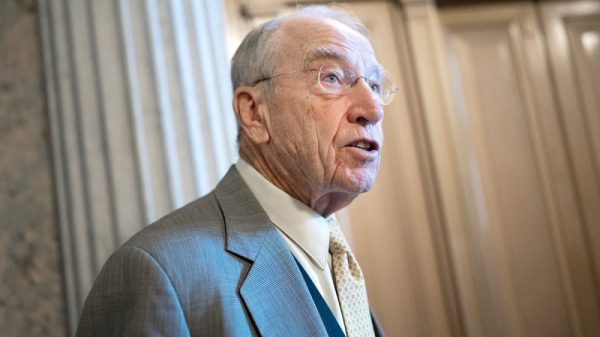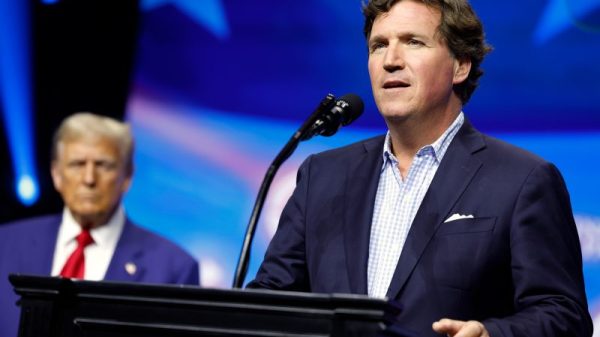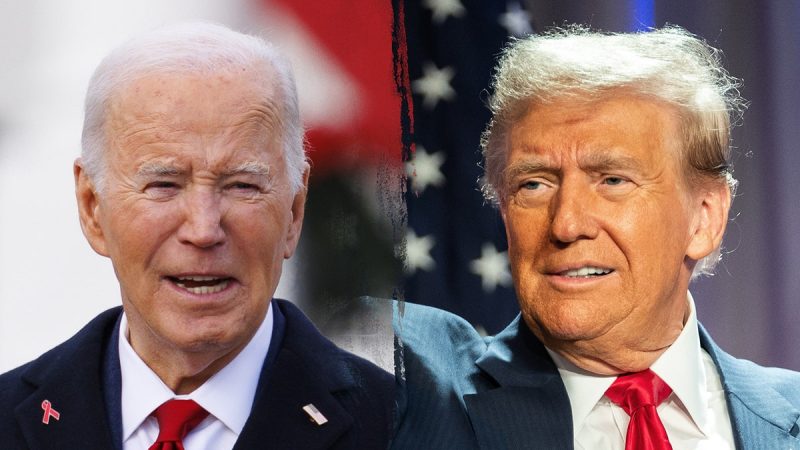On May 5, President Donald Trump signed an executive order outlawing future federal funds going to gain-of-function research. This move comes as the nation begins to reckon with the broader failures of its pandemic response – failures that extended far beyond the lab and into every aspect of public health policy.
As the acute phase of the COVID-19 pandemic fades into the rearview mirror, the United States finds itself engaged in postmortems: on lockdowns, vaccines, school closures and public trust. But there’s one glaring lesson the U.S. has yet to fully absorb – its health strategy during crises can’t rely on just one type of tool. A narrow, binary response to COVID-19 cost lives. The country must do better next time.
During the pandemic, the public was often presented with a simple directive: get vaccinated or take your chances. While most Americans indeed should have gotten vaccinated, policymakers should have provided more room for nuance and variation. They ignored a core truth of medicine – no single solution fits every individual. The virus evolved. Patient responses varied. But the official toolkit did not adapt.
What the U.S. needed (and still needs) is a robust, flexible public health approach that supports a range of modalities: vaccines, yes, but also antivirals, monoclonal antibodies (mAbs) and emerging biologics.
A resilient system is one that can pivot quickly, match patients with the right intervention and adapt as science advances.
Monoclonal antibodies offer a clear example of what went wrong. These therapies, proven to reduce hospitalizations and deaths among high-risk patients, were widely distributed early in the pandemic and used successfully by top federal officials, including the president. But in late 2021 and early 2022, federal authorities stopped distributing them, citing reduced efficacy against new variants.
This was a mistake. mAbs are a platform technology. They can be tailored to variants and deployed quickly. They are especially important for those who don’t respond well to vaccines. But nearly five years after the start of the pandemic, no mAb has received full FDA approval for respiratory virus prevention despite meeting the same safety and efficacy benchmarks used to fast-track other medical countermeasures.
Meanwhile, the public was encouraged to rely on booster shots which, while still additive, lost efficacy as the pandemic continued. CDC data show that the bivalent booster provided only 37% protection against hospitalization for adults over 65 after several months. For the immunocompromised, protection was even lower. Yet, therapies that could have closed that gap were taken off the table.
The U.S. should have maintained an all-of-the-above approach to treatment so its health professionals could make patient recommendations on a case-by-case basis, ensuring the most vulnerable Americans receive adequate protection.
More broadly, five years later, the U.S. still lacks a proactive framework for deploying flexible, evidence-driven therapeutics in a public health emergency. The U.S. needs a system that doesn’t just rely on whatever is first to market; it needs one that actively supports a diversified portfolio of tools.
That means empowering agencies like the Biomedical Advanced Research and Development Authority and the National Institutes of Health to invest in adaptable countermeasures – antibody platforms, broad-spectrum antivirals, rapid diagnostics and therapeutic RNA technologies. It also means modernizing the FDA’s approval pathways to reflect the pace of innovation. When real-world evidence shows that a therapy is saving lives, regulators should have the flexibility to act.
Congress can help by authorizing funding streams that reward versatility, creating incentives for companies to maintain and adapt an all-of-the-above treatment approach, and ensuring public-private partnerships are built for speed and scale. Legislation could also establish a standing procurement mechanism for variant-specific updates, not just vaccines.
All of this will help to mitigate the damage of one of the greatest casualties of the pandemic – the decline of public trust in America’s health institutions. This erosion stemmed from the sense that key decisions lacked transparency or failed to account for patients’ diverse needs.
According to a 2022 Pew Research Center survey, only 29% of U.S. adults said they had a great deal of confidence in medical scientists, down from 40% at the beginning of the pandemic. Trust in public health officials followed a similar decline.
A more transparent, inclusive approach, where policymakers communicate the rationale behind treatment shifts and openly assess real-world outcomes, can help rebuild that trust. A better system would emphasize data-sharing, clear communication, and respect for physician judgment in tailoring care to patient needs.
COVID-19 exposed the limits of the U.S.’ current playbook. A more effective future demands flexibility, pluralism and the humility to admit health policymakers don’t always know right away what will work best, or for whom.
But if regulators build the right system – one that encourages innovation, evaluates outcomes in real time, and keeps every safe and effective tool on the table – they won’t have to learn this lesson again the hard way.










